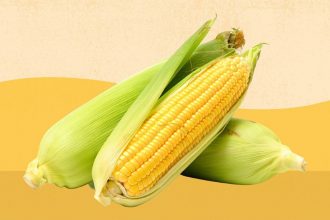Search
No More Night Noises: Natural Ways to Stop Snoring
Snoring, a disruptive nocturnal symphony, affects countless individuals worldwide. While it may seem harmless, this audible phenomenon can be a…
Wellness
8 Min Read

"Came from a plant, eat it; was made in a plant, don't." – Michael Pollan, author and journalist
Eat Smart, Live Well - Uncover the Science Behind Food & Nutrition












